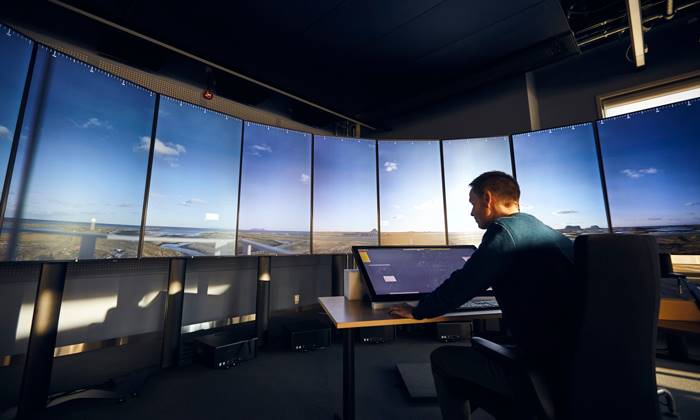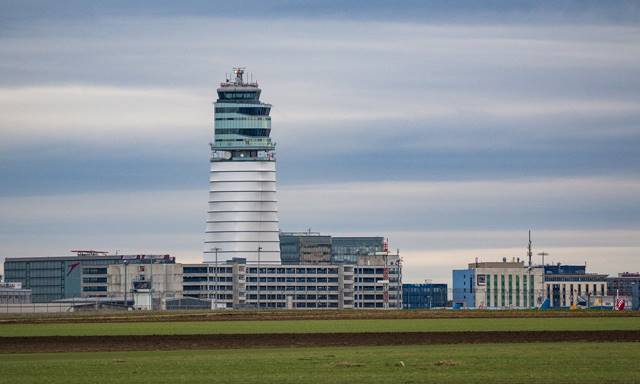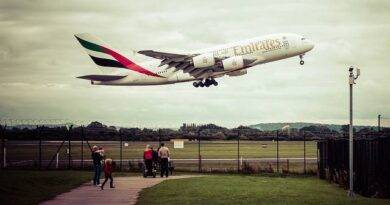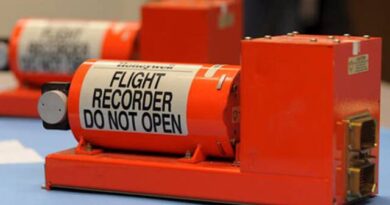Air Traffic Controllers: Guardians of the Skies, Facing Mental Strain
Air traffic controllers (ATCs) are the guardians of the skies, meticulously orchestrating air traffic for safe and efficient journeys. However, their demanding role can come at a cost to their mental wellbeing.
Stressful Skies: Factors Affecting Mental Health
- High Workload: ATCs manage a complex web of aircraft, monitoring movements and making split-second decisions. This constant pressure leads to stress and fatigue.
- Fast-Paced Environment: The ATC environment is dynamic and unpredictable. Adapting to changing situations in real-time takes a mental toll.
- Shift Work: Disrupted sleep patterns from rotating shifts affect circadian rhythms. This contributes to fatigue, decreased alertness, and increased stress.
- Fear of Error: The potential consequences of a mistake can cause immense anxiety. Even minor errors can have serious repercussions.
The Impact of Poor Mental Health
Chronic stress and anxiety can lead to:
- Burnout
- Depression
- Sleep disorders
- Difficulty concentrating
- Increased risk of errors
These issues not only affect ATC well-being but can also compromise aviation safety.
Prioritizing Mental Wellness
The importance of mental health in ATC professions is gaining recognition. Here are some key actions:
- Stress Management Programs: Training ATCs in relaxation techniques and healthy coping mechanisms can significantly improve their mental resilience.
- Supportive Work Environment: Open communication and access to mental health resources encourage ATCs to seek help without fear.
- Schedule Optimization: Implementing schedules that minimize sleep disruption and allow for adequate rest periods is crucial.
By prioritizing the mental well-being of ATCs, we ensure a safer and healthier aviation industry for all.

References and Further Reading Links:
- Stress in Air Traffic Control: Stress in Air Traffic Control: https://skybrary.aero/articles/stress-air-traffic-control (SKYbrary Aviation Safety offers insights into stress factors and coping mechanisms for ATCs)
- Kanki, B. G., Lee, H. C., & Burian, B. K. (2010). Mental health considerations for air traffic controllers. Journal of air transportation, 15(3), 36-55.
- Meijman, T. F., Mulder, G., Drenth, P. J., & Brouwers, A. (1994). Psychological aspects of workload in air traffic control. Ergonomics, 37(6), 1003-1013.
- Williamson, A. M., & Feyer, A. M. (2000). Moderate sleep deprivation produces impairments in cognitive and motor performance equivalent to legally prescribed levels of alcohol intoxication. Occupational and Environmental Medicine, 57(10), 649-655
- FAA. (n.d.). Stress Management for Air Traffic Controllers. Retrieved from https://www.faa.gov/about/office_org/headquarters_offices/ato/service_units/systemops/atc_stress_management_program/
- Munro, D., & Boreham, P. (2005). Organisational stressors, burnout and personality: A study of Australian and New Zealand air traffic controllers. Australian Psychologist, 40(1), 15-26.
- Robinson, L. (2019, May 23). Mental health in the cockpit and control tower. FlightGlobal. Retrieved from https://www.flightglobal.com/news/articles/mental-health-in-the-cockpit-and-control-tower-458140/



